I am torn between two worlds of beauty, both of which I love. One half of me wants to rush into the wilderness and climb another mountain, to feel the sense of elation and deep peace up there staring out into infinity. Another part, however, loves the cultivated nature I have at home, playing in my garden where I have planted many of my favourite trees and bulbs and flowering bushes. I love to watch my plants grow – to witness the metamorphosis from promise into reality; I love running my fingers through the earth (I never wear gloves), smelling the fabulous and delicate perfumes, and watching the play of light on petals.
The last twenty of my daffodils are valiantly hanging in there, and the last of the cherry blossoms are shining in the sun. Already, many of the rose bushes have started to produce blooms, heralding, for me, the beginning of the next phase of the year, for I divide spring into two sections: (i) the bulb and blossom phase, and (ii) the rose, rhododendron and iris one. This thus seems a fitting moment to close off the 2015 collection of photos from early spring, and to share with you a few of my favourite flowers and scenes from this year.
One of my heroes in the painting world is Claude Monet. Monet loved nature, and so procured for himself a plot of land removed from the big city where he could plant to his heart’s content. Because he loved what he’d planted, and loved to paint, he shared with us his glorious artworks depicting both his garden and the flowers in it. His painting did NOT represent some ghastly materialistic indication of what he owned. It was a sharing of the beauty of nature and of his creative gifts. I am, of course, no Monet, but I do share his passion for the beauty of the natural world and, in particular, the passage of light and its effects on flowers and trees. Please take these sharings of my garden in this spirit.
I have many friends who only enjoy nature that is wild. As is obvious, I also enjoy nature in its cultivated form. I delight in being able to care for specimens of my favourite plants. I am also a strong believer in the fact that children who are taught to tend the garden grow into adults who have a responsible attitude towards our beautiful earth.
Nearly every day that I am at home, I take our dog for a walk around our garden – usually four times a day. I look for new buds – or any indication of growth – and for signs of problems, for wrinkled or unhealthy leaves, or for gatecrashing weeds that need to be evicted. Tessa hunts for the smell of marauding rabbits, wallabies or possums, or for signs that they have visited recently. Round and round the garden we go, like two teddy bears – or, at a more elevated level, like Charles Darwin, who also loved to walk his own garden every day.
So did Josephine Bonaparte for that matter – and she would annoy people by telling them the latin binomial name for each of the flowers. Josephine knew and loved her flowers. She was not showing off to say their names: she was merely calling her friends by their proper appellation; it was a form of love. During the wars that he instigated against England (inter alia), Napoleon issued an embargo on all trade with GB – except, of course, for boats that were carrying roses commissioned by Josephine, for she knew then what the rest of us know now: no one grows roses better than the British.
Visitors who popped in on Galileo were surprised to find the great scientist in old clothes, working the garden. He told them he is quite rich enough to afford a gardener, but would never choose to do so, as he enjoyed the work.
Galileo’s observation of his own garden led him to note the phenomenon of water tension. He perceived that the particles within water droplets clung together on cabbage leaves, and correctly deduced that a force was keeping those particles together. Force was required, he wrote, to spread the droplet out across the leaf.
Montaigne said: let death seize me whilst I am setting my cabbages, careless of her dart (that is, the dart of death), and caring more about my imperfect garden.
If you had been friends with Goethe, the great German literary genius, and popped in on him, you may well found him in his garden. If you went away, you might have received letters containing news of how his garden was growing. If he called in on you, you might have been lucky enough to receive a gift of one of his most precious objects: asparagus, grown and freshly picked by him (but you would have had to be a very special friend – like Charlotte von Stein – for this to happen, as mostly he ate it himself).
Gardens are about learning to care. Capek, the famous and wonderful Czech poet, had a maxim: You must give more to the soil than you take away. He regarded this as an essential attitude to life, not just gardens, and I couldn’t agree more. If our governments and business tycoons had this basic attitude of any good custodian of the earth – learned through the act of gardening – then our world would not be in its current parlous state. The maxim also holds true, of course, for relationships.
One gardens for the future welfare of what is tended. That is another important attitude that would do our society well to practise. I am thrilled that little three-year-old Gussy goes to a pre-school that teaches him these important lessons, and that has gardening as part of his curriculum. The children are learning responsibility and caring as they attend to the needs of their plants.
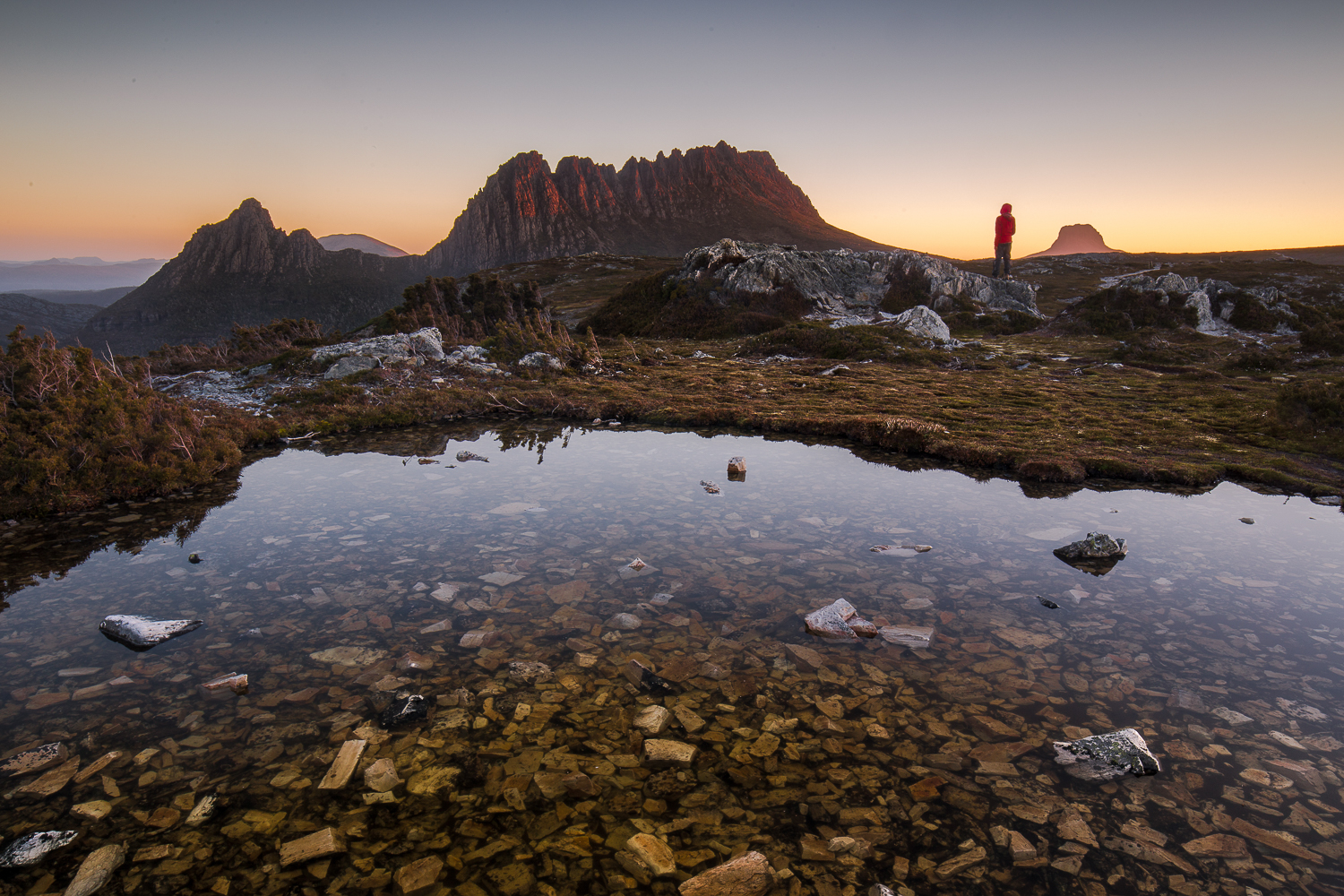
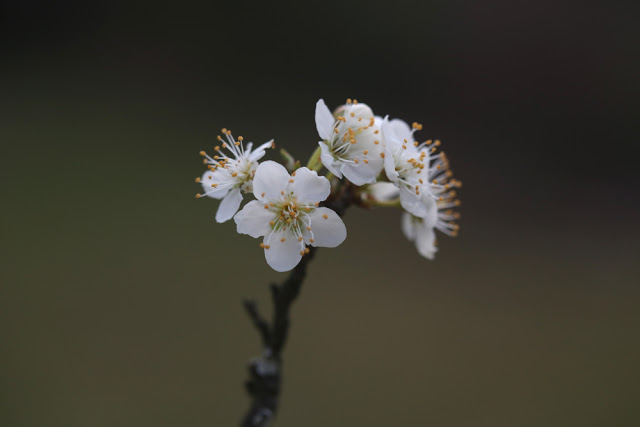
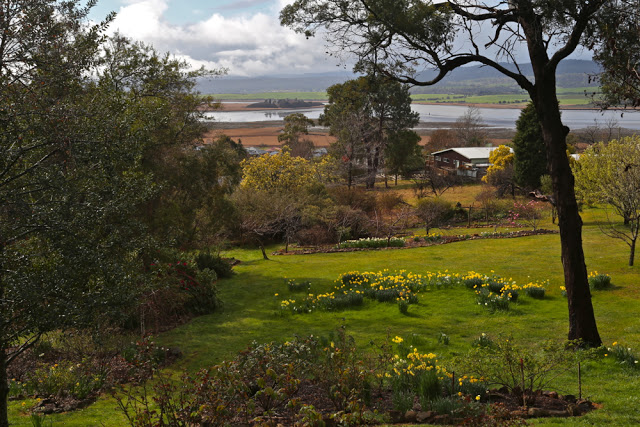

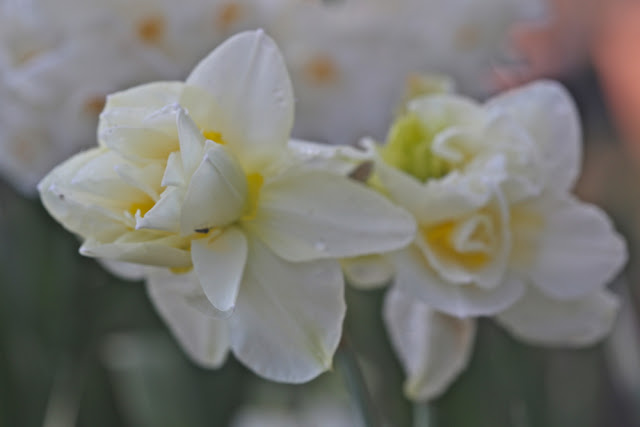
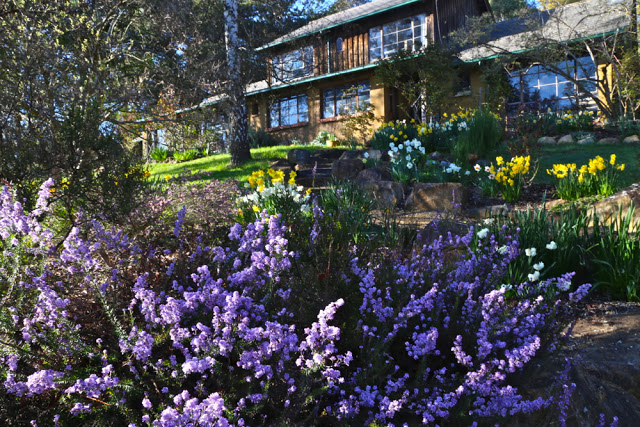

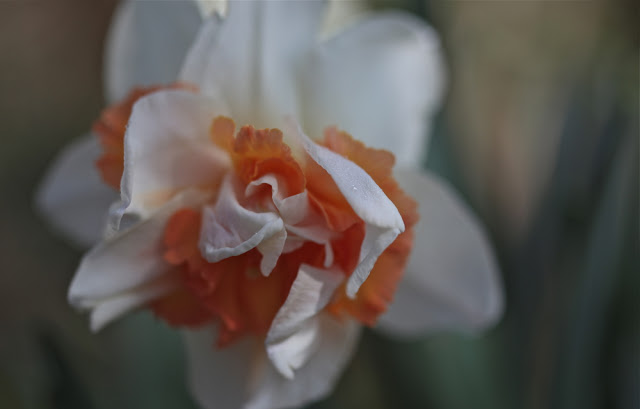
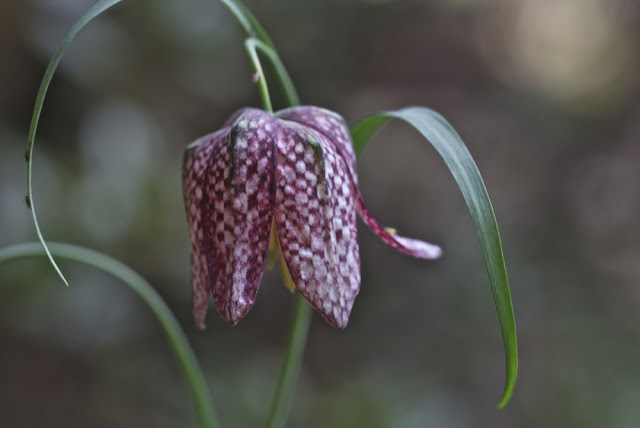
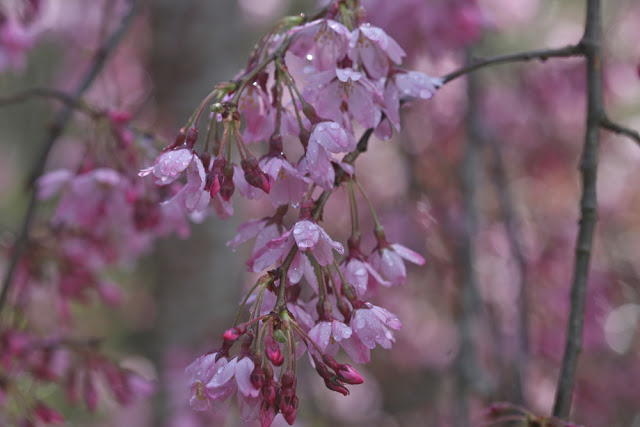
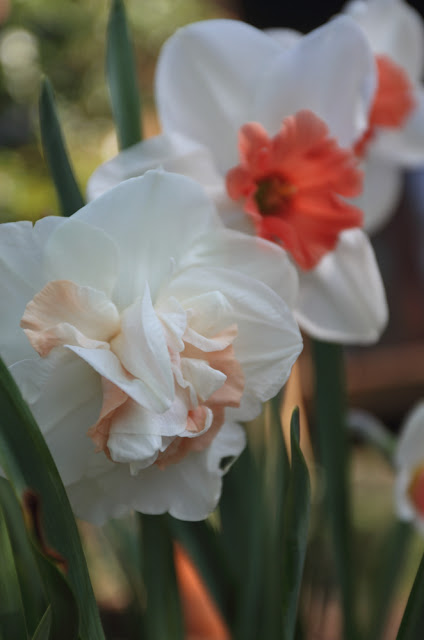
wow your garden looks amazing and you live in a really beautiful part of the world.I enjoyed looking at your photos, its great that you have so many nice flowers in your garden, it brightens the day to look at them. I am also quite bad at remembering the Latin names for plants and flowers but would like to learn.
Norberto @ Thorburn Landscapes
Thanks for that comment Norberto. I'm thrilled that you like my photos. I guess we photographers always like to bring pleasure to others via the use of our particular art form. I'm also very happy that you have enjoyed your "visit" to my garden. I also like to share it with others: beauty should b e shared rather than hoarded